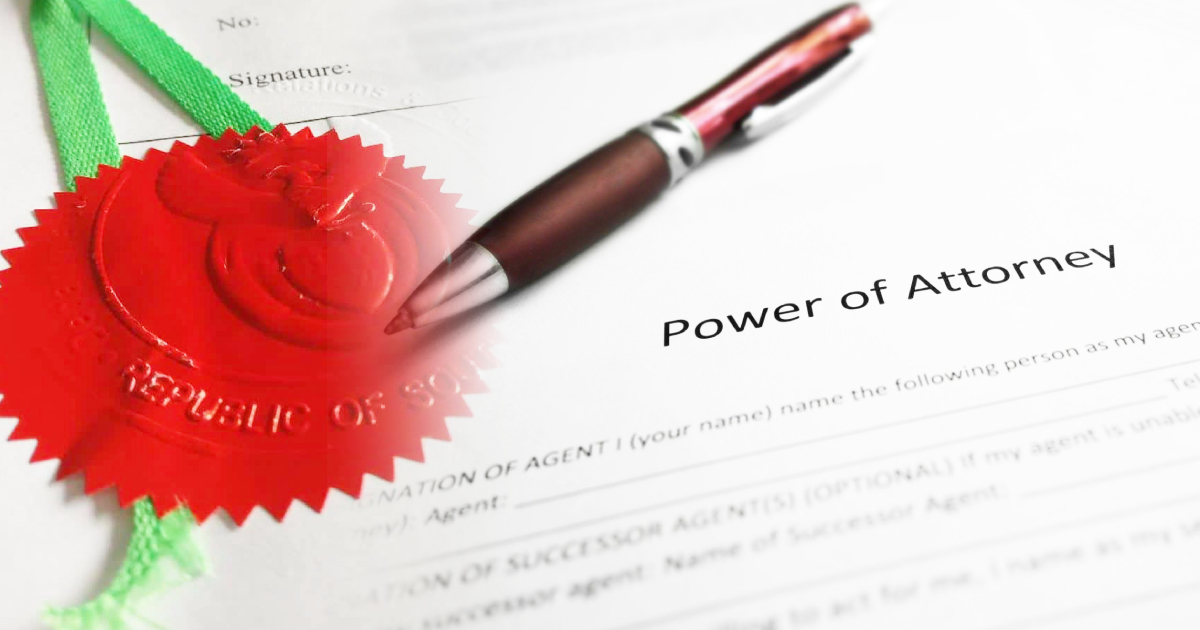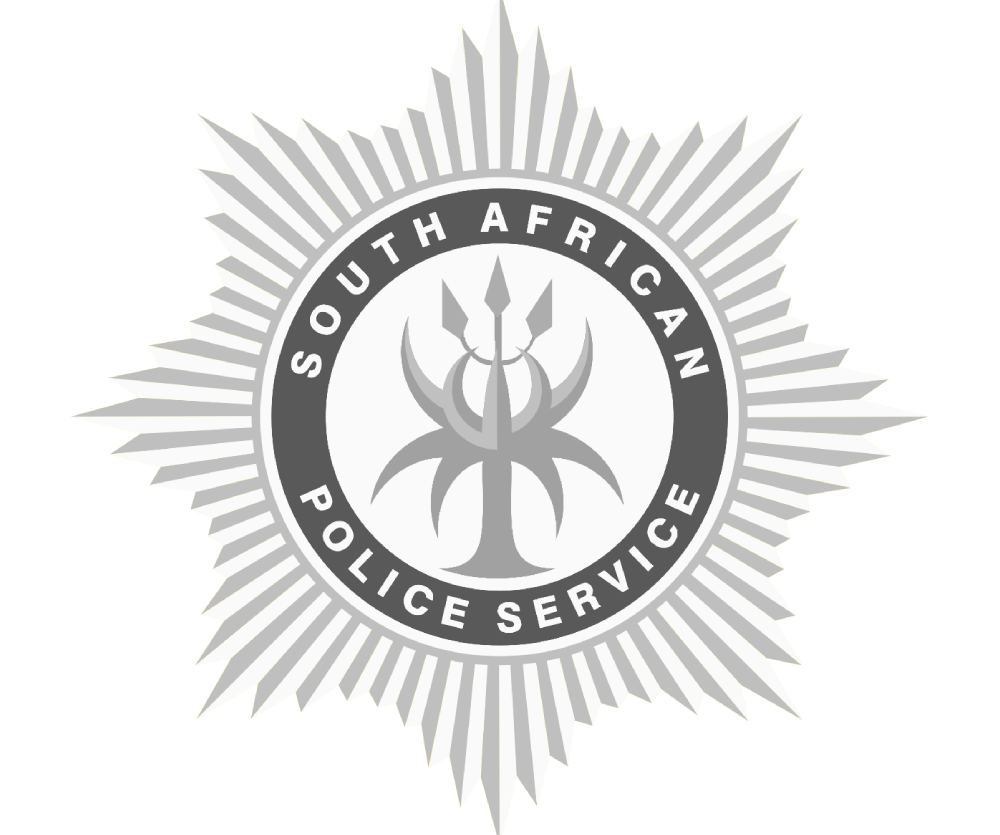
Power of Attorney Apostille - South Africa

In South Africa, A power of attorney is a written document that a person/company uses to give authority to another person to represent or act on his behalf. This power can extend to business, legal or private affairs.. These documents are typically created when matters are taking place overseas when the person giving the Power is unable to attend. Usually these documents are signed in the presence of a South African Notary Public.
In many situations, the power of attorney might need to be used abroad. Such instances can include:
- A company or individual dealing with the purchase and sale of property abroad
- An attorney dealing with estates of expats living abroad
- Businesses issuing legal rights to overseas representatives to participate in legal matters
- Issuing power of attorney to a family member living abroad to deal with legal, health or financial matters in that country
- If the allotted person or firm would like to bring in changes in the document in another country.
If you intend to issue a power of attorney abroad, you may be required to obtain an apostille certificate on the power of attorney document, since South Africa is a member of the 1961 Hague Apostille Convention, in order for the document to be legally recognised in other signatory countries of the Apostille convention.
If the destination country is not a member of the 1961 Hague Convention, the documents will further need verification and attestation by the Embassy of the country, situated in Pretoria, Johannesburg or Cape town.
Apostille Document Requirements
In South Africa, apostille certificate can be affixed on original document or on a notarised copy. Therefore, the document must be presented in good condition, with all stamps and signatures clear and readable. Additionally, the documents must be free of alien markings or labels.
Certain documents, such as police clearance certificates must be recent for obvious reasons. This may also apply to marriage certificates and other documents representing a current status of the people represented in the certificate.
10 Frequently Asked Questions About Apostille In South Africa
Gathering the proper paperwork to get an apostille in South Africa can be confusing. We understand that working with the government and the all necessary paperwork can feel overwhelming. But don’t worry; we are here to answer your questions regarding the apostille process. We are asked a lot of questions and wanted to share some with you
The Apostille certificate is an official government issued certificate attached to public documents so these documents can be valid for use internationally. The Apostille was introduced as an alternative to the old and long legalization process through The Hague Convention of October 5, 1961.
IIt is an intergovernmental convention which set about establishing a simplified system to allow documentation originating in one member country to be easily recognized as authentic in another member country. The norms were established at The Hague Convention of 6 October 1961.
If you intend to use a power of attorney in a different country, you will need to have it notarised. Depending on the country, you may also need it to be apostilled and in certain cases further legalised by the embassy in the country in which it is going to be used.
In accordance with the law of South Africa, any person with capacity can grant a power of attorney. A Notary must determine whether a person has mental capacity and that they have a full understanding of the document before permitting them to sign. A Notary will also check that the person signing the document is not under any duress or pressure to sign and is doing so under their own free will.
The purpose of the notarisation and apostille is to provide assurance that it is a valid document and has been executed correctly.
Any country that is a member of the Hague Convention will accept an apostille certificate from South Africa without further legalisation. Here’s a full list of countries that are member of the Apostille convention.
In South Africa, Apostilles certificates are provided by the South African High Courts and the Department of International Relations and Cooperation (DIRCO) located in Pretoria.
If you apply for our standard service we can legalise your document in 2-4 working days. We also offer a same day- Express apostille service. Read about it here
- High Court Apostille : R 650.00 per document
- Translation + Apostille: R 850.00 per document
No, foreign documents cannot be apostilled in South Africa. South Africa is only allowed to apostille documents from our country. All foreign documents must receive the apostille or legalization from the country of origin.
In most cases, yes. Depending on the document, you may need an original sent to us or there are times we can work with a copy. But it is usually not a problem to receive your apostille on a South African document, no matter where in the world you are located.
Any document that is written in a foreign language and that needs to be presented to official bodies (e.g. Embassies, consulates or administrative bodies) must be accompanied with a sworn translation in the receiving country official language. Authorities requesting the apostille often require certified translations of documents before they will accept the original. By providing a certified translation of your document you are assisting the overseas organisation in understanding the content of your document.
Global-Apostille offer fast, efficient and seamless service to meet your expectation. Client confidentiality as paramount and endeavour to provide a first class service to our clients. To find out more about our fast and reliable document legalisation service.
Contact us at:

Tel
+27 12 348 3134
Cell
+27 81 347 6060
info@apostillelegalisation.co.za







